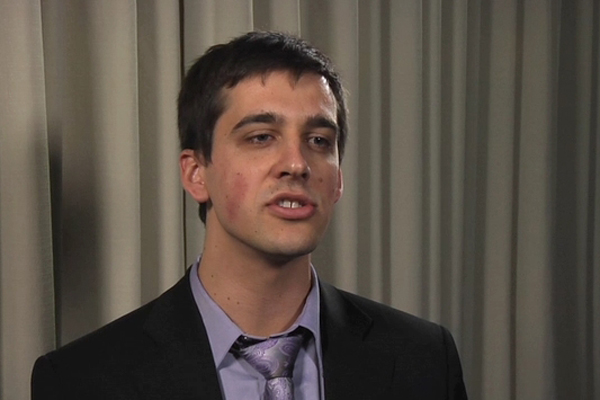Prioritizing Risks and Failures is Critical

Get the world’s most fascinating discoveries delivered straight to your inbox.
You are now subscribed
Your newsletter sign-up was successful
Want to add more newsletters?

Delivered Daily
Daily Newsletter
Sign up for the latest discoveries, groundbreaking research and fascinating breakthroughs that impact you and the wider world direct to your inbox.

Once a week
Life's Little Mysteries
Feed your curiosity with an exclusive mystery every week, solved with science and delivered direct to your inbox before it's seen anywhere else.

Once a week
How It Works
Sign up to our free science & technology newsletter for your weekly fix of fascinating articles, quick quizzes, amazing images, and more

Delivered daily
Space.com Newsletter
Breaking space news, the latest updates on rocket launches, skywatching events and more!

Once a month
Watch This Space
Sign up to our monthly entertainment newsletter to keep up with all our coverage of the latest sci-fi and space movies, tv shows, games and books.

Once a week
Night Sky This Week
Discover this week's must-see night sky events, moon phases, and stunning astrophotos. Sign up for our skywatching newsletter and explore the universe with us!
Join the club
Get full access to premium articles, exclusive features and a growing list of member rewards.
This ScienceLives article was provided to LiveScience in partnership with the National Science Foundation.
Johns Hopkins University (JHU) researcher Matthew Kerr is interested in understanding how the brain is able to control hands and arms with such dexterity and improving methods of neural signal processing. His long-term goals include helping amputees such as the many young men and women who have lost limbs while serving in Iraq and Afghanistan. “We would like for people to be able to control their prosthetic limbs as naturally as they do their own limbs,” he says.
Kerr is a PhD candidate in the Department of Biomedical Engineering at JHU and researches in the Neuromedical Control Systems Lab of Dr. Sridevi Sarma. He is a National Science Foundation Graduate Research Fellow and a Raytheon ARCS Foundation Scholar.
Kerr has presented his work both domestically and as far away as Istanbul, Turkey. In his free time he enjoys married life, hosts a Bible study, and plays squash.
Name: Matthew Kerr Institution: John Hopkins University Field of Study: Biomedical Engineering
Editor's Note: The researchers depicted in ScienceLives articles have been supported by the National Science Foundation, the federal agency charged with funding basic research and education across all fields of science and engineering. Any opinions, findings, and conclusions or recommendations expressed in this material are those of the author and do not necessarily reflect the views of the National Science Foundation. See the ScienceLives archive.
Get the world’s most fascinating discoveries delivered straight to your inbox.
 Live Science Plus
Live Science Plus






